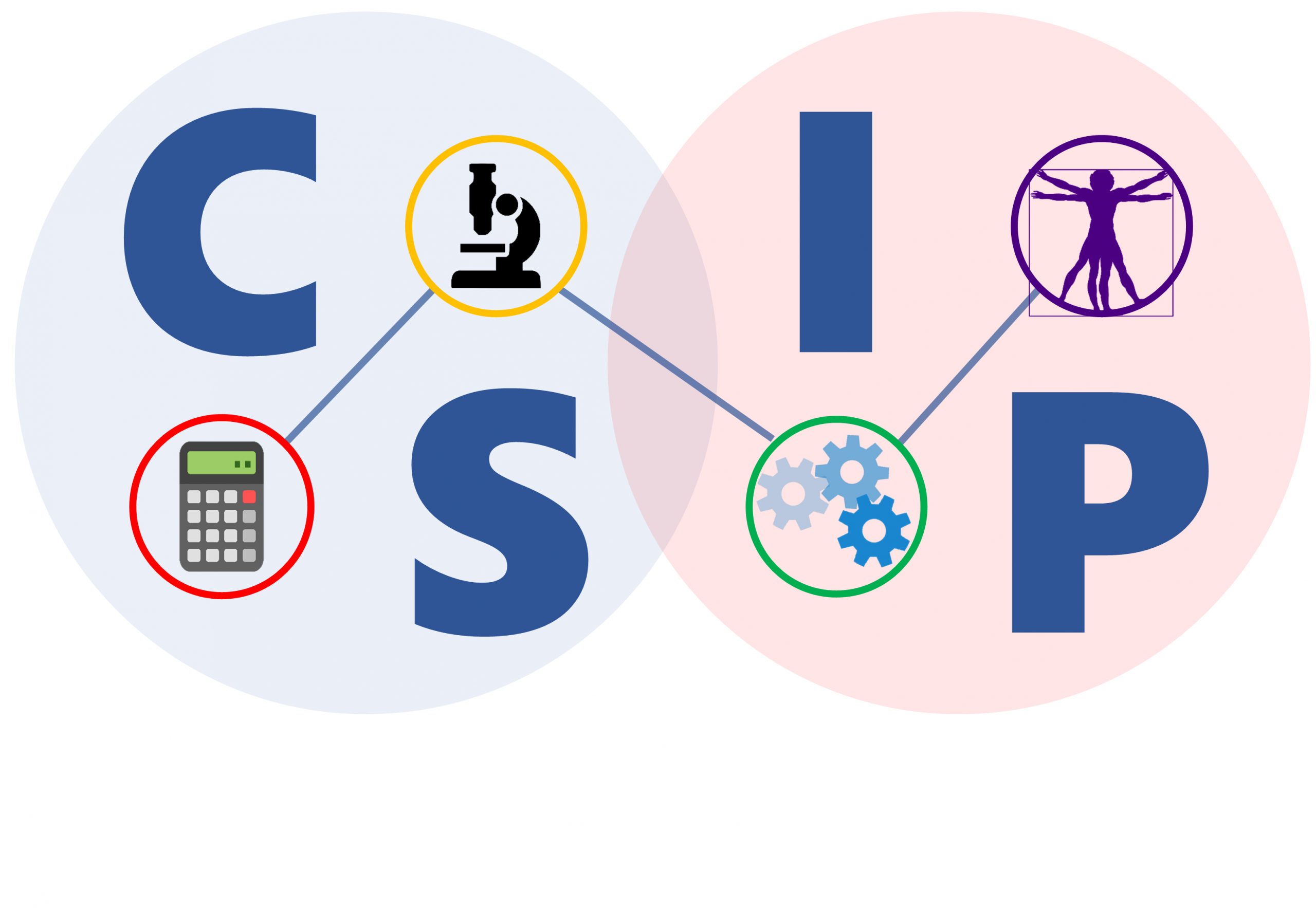Cellular Systems and Integrative Physiology (CSIP) T32 Training Program
About the CSIP Training Program
Our Mission
We are proud to support the mission of the UNC School of Medicine, and grateful to serve the people of North Carolina. The mission of the CSIP Training Program is to develop a diverse pool of responsible, rigorous scientists who have the skills to investigate the integrative, regulatory, and development physiology of higher organisms and their organ systems by elucidating the functional cellular components of these processes and furthermore, can transition these skills into a wide variety of careers in the biomedical workforce and overall society.
CSIP Learning Objectives
We plan to achieve this mission by focusing our training on 6 major training outcomes, which are aligned with the NIH/NIGMS focus area of Systems and Integrative Physiology:
“Training in this area should be directed toward building the broad research competence required to investigate the integrative, regulatory and developmental processes of higher organisms and the functional components of these processes. The goal of these programs is to train scientists who will use a diversity of experimental approaches–from the molecular and cellular to the behavioral and computational–to understand integrated and complex biological problems.”
- Scientific Knowledge & Critical Thinking: The CSIP graduate is conversant in a common set of biological/biomedical principles.
- Demonstrates substantial and contemporary core knowledge of broad areas in cell biology, physiology, and tissue/organ systems.
- Demonstrates the ability to accurately and critically evaluate their own scientific work and the work of others.
- Research Skills & Problem Solving Ability: The CSIP graduate can identify important biomedical problems and the proper methods to address them.
- Demonstrates advanced understanding of a range of technical and conceptual approaches used in the biomedical research workforce for implementing research objectives.
- Can independently design, perform, and interpret research projects that generate new knowledge which advances the biomedical sciences and human health.
- Specific Expertise: The CSIP graduate is competitive in their chosen area of interest.
- Articulates the significance of their own work to their field in both historical and forward-looking contexts.
- Demonstrates mastery of a range of technical and conceptual approaches used in their field.
- Communication: The CSIP graduate has the ability to successfully engage in written and oral discourse with both peer and lay audiences.
- Demonstrates the oral, written, and media communication skills required to be effective communicants, teachers and mentors of peers, future scientists, and scientifically literate citizens.
- Ethics, Rigor, & Advocacy: The CSIP graduate applies the highest standards of rigor and ethics.
- Demonstrates transparency and scientific rigor with colleagues and the public.
- Advocates for the central role of responsible science in medicine and society.
- Career Development: The CSIP graduate has the ability to choose from a range of career options.
- Articulates an appropriate set of desired potential career paths and is aware of the preparation and initiative requires to pursue these paths.

